As an Amazon Associate I earn from qualifying purchases.
What Do Baby Guppies Eat?
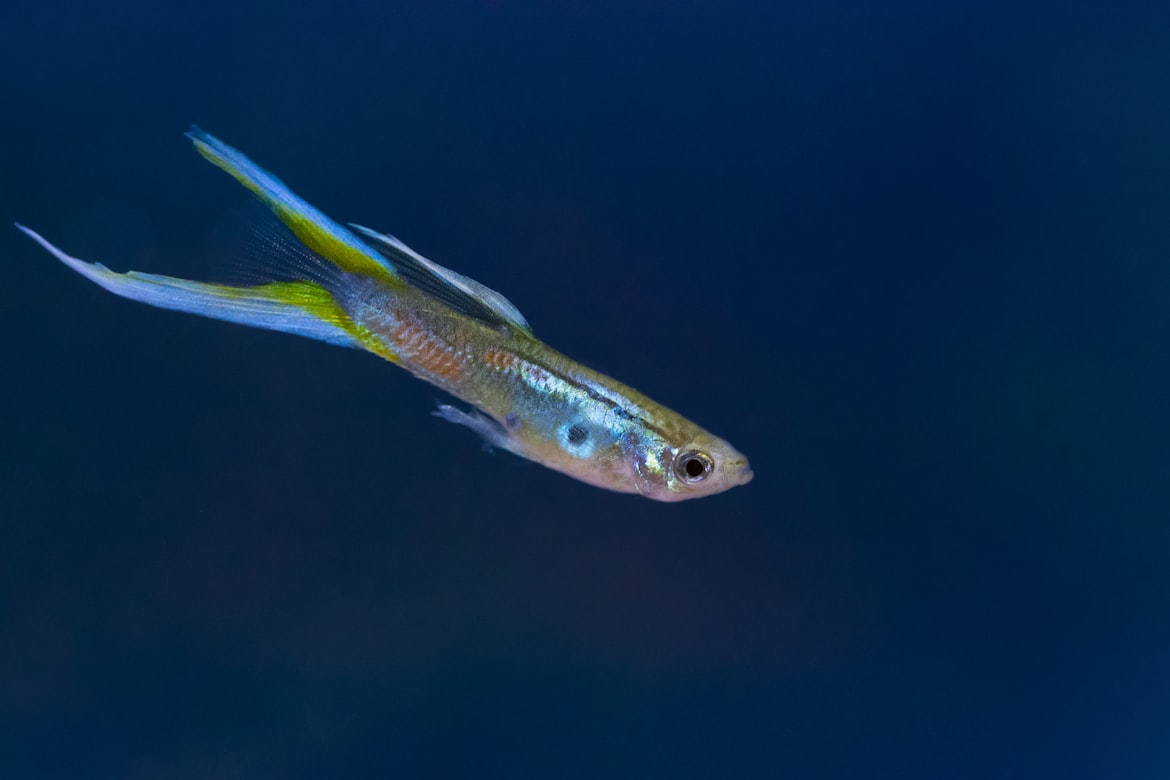
Guppies are an excellent fish to have as a pet. They’re simple to care for and get along with most other kinds of fish, and they look fantastic in the tank, whether it’s because of their brilliant hues or stunning forms.
Meanwhile, caring for guppy babies may be a bit more difficult. In reality, guppy parents are unlikely to care for their youngster and frequently consume him or her.
Guppies mature sexually around the age of four to six months. Guppies do not lay eggs. Guppies are livebearers, which means they give birth to live babies. The female guppy produces 20 to 60 fry at a time. They usually produce one offspring every 30 days up until they reach two years old.
When the female guppy is ready to lay her eggs, she usually hides. Before the fry is born, the guppy mother may be in labor for a couple of hours (sometimes a few days).
The guppy fry immediately begins swimming and tries to find a hiding place in the aquarium. The fry is initially inactive and deformed. They begin searching for food shortly after birth.
The greatest feature about baby guppies is that they are easy to feed. And there are a plethora of commercial foods on the market for baby guppies. All you have to do now is make sure that the food you give them has enough nutrients so that they may mature into adults. Let’s get started.
What Do Baby Guppies Eat?
Baby guppies require a high-protein diet to grow healthily. Bloodworms, tubifex, daphnia, and baby brine shrimp are good sources of proteins and compounds for baby guppies who eat live food. Aside from living foods, they enjoy eating high-quality flakes, frozen delicacies, and freeze-dried products.
Baby guppies may be fed the following foods to promote their healthy growth.
Flakes

Flakes are one of the most popular foods for newborn guppies. Most pet shops have flakes marketed specifically for fry. Guppies are omnivores, so they enjoy both meaty and green leafy vegetables. If you just give them vegetarian flakes, they may not get all the nutrients they need.
You may also suck the flakes out of adult fish and crush them into smaller pieces or fine powder before offering them to your young guppies if you don’t have flakes made especially for fry.
Frozen Dried Food
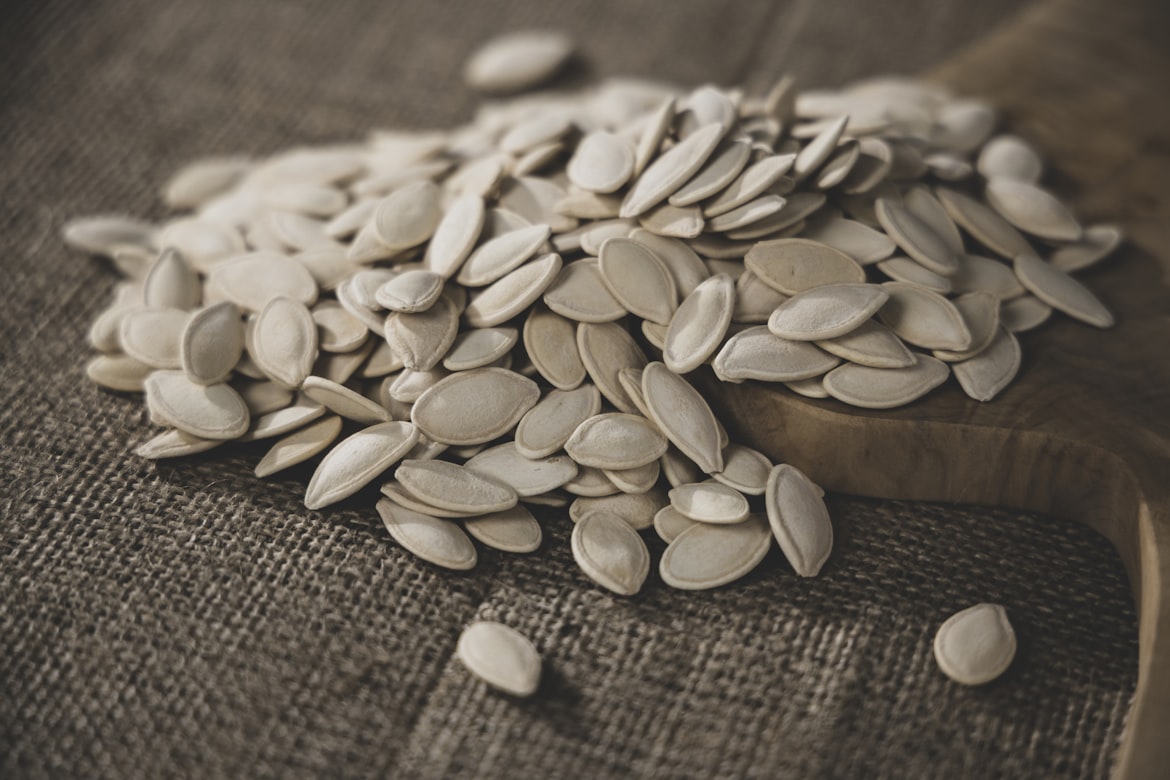
Live food is eagerly consumed by juvenile guppies. However, if you don’t have any live food, freeze-dried foods are a great substitute. Freeze-dried foods are ideal since they contain all of the necessary proteins, fats, and other nutrients for guppy fry development. They’re also less complex to handle than live meals.
It is a simple, inexpensive, and quick way to preserve the freshness and moisture of foods while retaining their natural flavor. It also aids in food safety during storage by preventing contamination. Freeze-dried bloodworms, tubifex, brine shrimp, insect larvae, and other freeze-dried foods are all examples of contemporary freeze-dried meals.
Egg Yolk Paste
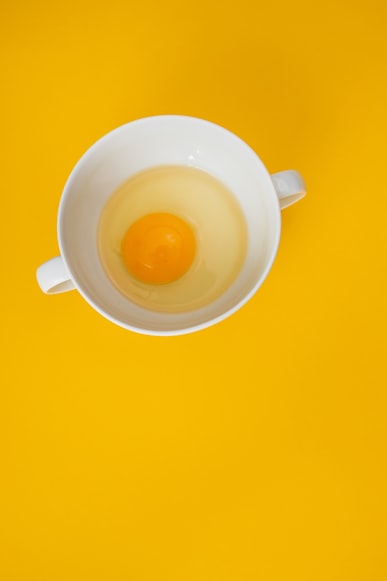
Guppy fry is also fond of egg yolks, which are a high-quality protein source for newborn guppies. Unfortunately, they’re also high in fat and cholesterol. Feeding your baby guppies egg yolk paste will make them hungrier and boost their overall health.
The necessary proteins, vitamins, calcium, magnesium, and other elements that aid in the proper development of baby guppies are also present in egg yolks. You may feed a hard-boiled egg’s yolk to guppy fry by separating it from the white. Then finely reduce the yolk into a paste and offer it to newborn guppies.
The disadvantage of feeding guppy babies egg yolks is that the tank’s water may quickly become unclean. As a consequence, you must be careful when applying the egg yolk paste to your aquarium.
Microworms
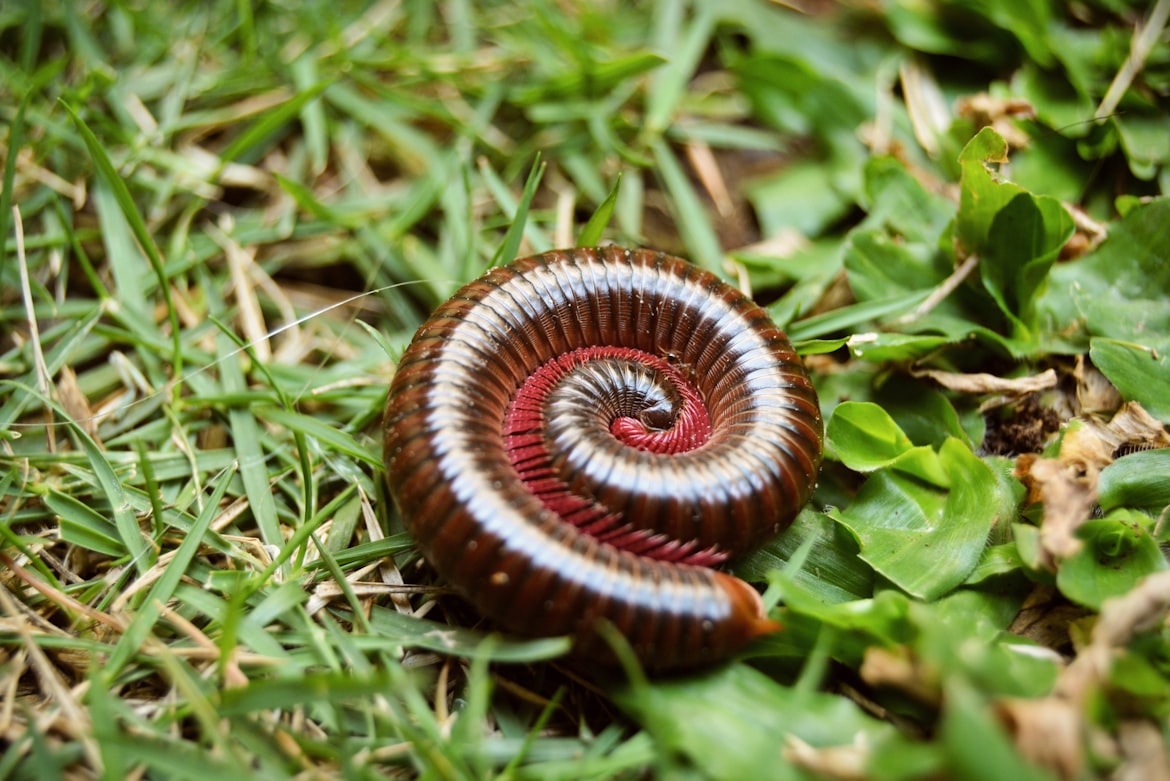
Microworms are tiny freshwater invertebrates that live in ponds and streams. Microworms are tiny, worm-like creatures that resemble earthworms. They’re shorter than earthworms, to say the least. Baby guppies benefit from feeding them microworms since they are high in nutrients. Furthermore, microworms are readily digested by baby guppies, making them popular among aquarists.
Baby Brine Shrimp
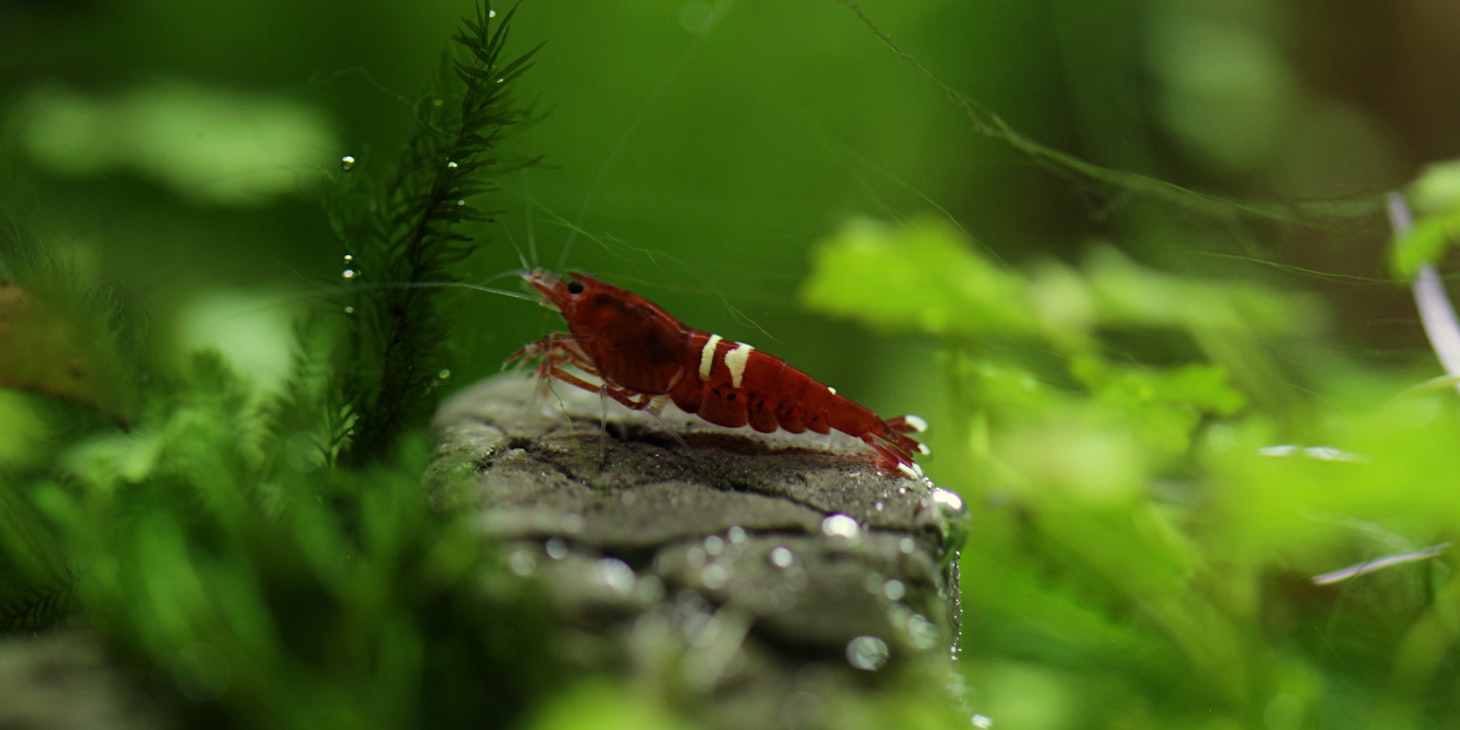
Baby brine shrimps are a type of crustacean that may grow to be as big as a grain of rice. These tiny creatures can be found in tropical seas. Baby brine shrimp include all of the necessary nutrients for growing guppies. Baby guppies can consume baby brine shrimp, which are both edible and easy to digest.
Tubifex

Another excellent choice for baby guppies is Tubifex. Because newborn guppies require a protein-rich diet, tubifex is perfect for them. Tubifex is small earthworms that resemble roundworms. Tubifex and microworms are excellent sources of protein and energy for nursling guppies.
When purchasing live tubifex, you must exercise caution. To begin with, you should purchase tubifex from a trustworthy vendor. Second, the water in which the tubifex are kept must be transparent. You should place clean tubifex in a container full of dechlorinated water after that. Then rinse them at least three to four times each day until the water is clear.
Tubifex may be kept in the refrigerator for a week and checked once a day. If the water is clear, it’s okay to give your guppies tubifex. Otherwise, rinse it again until the water is clean.
Daphnia
Because of its high nutritional value, daphnia is one of the basic food supplies for guppies. Daphnia has also been used as live feed for many years and has a good feeding record. It’s believed to be a great source of nutrition for guppies.
The most appealing aspect about feeding daphnia is that it may survive in the aquarium until baby guppies are old enough to eat it. Daphnia, unlike tubifex, isn’t hazardous and is suitable for feeding newborn guppies.
What Do Baby Guppies Eat in The Wild?
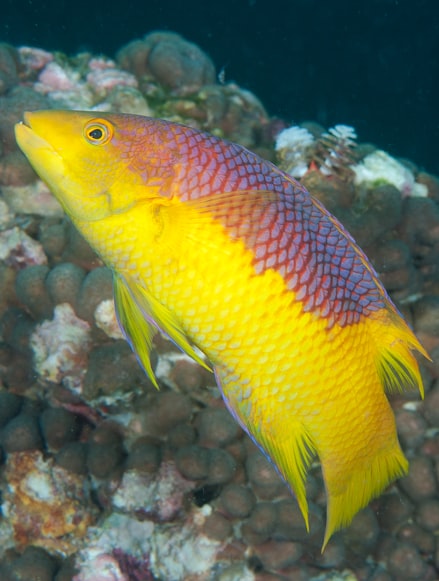
Aquatic insects, diatoms, larvae, brine shrimp, plant remains, soft algae, zooplankton, detritus, tiny insects, and certain plants are all eaten by wild guppies.
In the wild, guppy babies have a variety of food that is both plant-based and animal-based. Guppies may also eat fish scales and other waste products from larger fish. It is generally agreed that wild guppies have greater access to a wider range of foods than those kept in aquariums. On the other side, they are better cared for and protected in aquariums than in the wild.
How To Prevent Baby Guppies From Dying?

Keeping guppy babies alive might seem difficult, but it is actually quite simple. There are several effective methods for ensuring that your guppies survive so that you may maintain a robust, flourishing tank. Continue reading to learn how to keep those little guppies swimming.
Set Up A Tank
The first and most important thing you can do to ensure the survival of your guppies is to invest in a breeding tank. A breeding tank is a fish tank, distinct from the one your guppies are currently in, specifically used for keeping guppy fry safe.
Put the pregnant guppy into the breeding tank and watch it closely. Remove the female guppy from the breeding tank after the fry is born and return her to the normal tank with the rest of the guppies once she has delivered her young.
In order to ensure that the water is suitable for fish in both tanks, this process may be a little challenging. A breeding tank, on the other hand, is the best method of keeping your guppies safe since it guarantees that they are kept apart from larger guppies in case they are eaten.
Set Up A Breeding Box
If you don’t want to split the mother and don’t have a separate breeding tank, there are alternative solutions that only require one aquarium. A breeding box is one such option. A breeding box is simply a mesh or plastic container that may be placed inside your existing fish tank.
This will keep the female and her fry safe from other guppies while also allowing you to maintain water conditions in only one tank. Put the pregnant fish in the breeding box. Remove her from the box as soon as she gives birth, and allow the fry to stay there a little while to grow. After that, either transfers them into their own container or let them hide and consume in the aquarium.
What Are The Natural Predators of Baby Guppies?
Guppies, despite being at the bottom of the food chain, have established colonies all over the world in various bodies of water. That is not, however, something that comes naturally. Much larger fish consider them to be a great snack. So, let’s look at what guppy eat The answer you’re looking for is:
Cichlid
Cichlids are a type of fish native to the African Great Lakes that lives alongside guppies in South America’s rivers. They’re arguably the most famous guppy eaters on the planet.
While most cichlids are aggressive towards guppies, dwarf cichlids are somewhat less dangerous. Kribs and Rams are small riverine cichlids that are far more friendly to guppies than other species. However, we can’t completely ignore the danger.
Cichlids have long spines that allow them to swim rapidly and stalk their prey. When capturing food, the fast-moving, powerful jaws are very helpful. It is difficult for fry to survive adulthood in areas where cichlids outnumber guppies. Guppies living in these regions have developed unique methods to live alongside cichlids.
Blue Acara
The banded rainbowfish is a type of catfish that may be found in South America, particularly in Brazil and Peru. These omnivores feed on live guppies, shrimps, minnows, and brine shrimp in the same way as other rainbows (Cichlids).
The body of the Blue Acaras is stocky and compact, with pointed dorsal fins. Their already sharp preying abilities are further enhanced by this structure. Acaras adore pestering guppies that are oblivious to their presence and doing their own thing. On the other hand, they’re more cautious of inquisitive guppies.
Jumping Guabine
Guabines (guppies) are commonly found in Trinidad and Tobago, from big rivers to filthy puddles. These fish are tiny individually, yet they are powerful guppy predators. The body is elongated, cylindrical, and streamlined with cycloid scales. As a result, they have the ability to swim swiftly. They may spring as high as 14cm in order to capture food from guppy flocks.
Leopard Bush Fish
You can really tell someone by their appearance this time. Leopard Bush Fish are just as ferocious as they appear. They’re also bright-minded. When prey comes by, they’ll stay put and wait for the opportunity to pounce. A Leopard Bush Fish has an amazing hunting ability, enabling it to devour as much as a grown female guppy in the tank’s water.
Goldfish
For many people, the idea of putting guppies and goldfish in the same tank is nothing but a fantasy. They not only have varying requirements, but they also don’t get along. A large goldfish may quickly eat an adult guppy, while all goldfish adore preying on newborn guppy fry.
A guppy can be easily crammed into the mouth of a big goldfish species like shubunkins and comets. Furthermore, the dangers are even greater for fast-moving goldfish like fantails, ranchus, and orandas.
However, we can’t be certain that guppies and smaller goldfish will coexist in harmony. They’ve been living together with twisty tailed, black moors, and chalilies on occasion.
Clown Knifefish
Clown Knife Fish are, at least for guppies, as dangerous as they appear. These nocturnal fish have two nasal tentacles above their huge toothed mouth, in addition to their natural hunting abilities.
Although Clown Knife Fish and guppies will never be housed together due to their distinct requirements, guppies are a great addition to the diet of a clown knife fish. They also enjoy eating other feeder fish like Oscars and Rays in addition to guppies.
Oscar Fish
Guppies are also susceptible to attacks by another type of fish called oscars, which is why they’re sometimes nicknamed “guppy slayers.” Guppies are natural foes of the cichlid family and thus get their name from this. Oscars can be found in South American waterways where they subsist on guppies as part of their diet.
Oscars are slow-moving creatures, but they can swim short distances rapidly. This quality aids them in hunting down tiny fish like guppies. Oscars are also quite aggressive and clever. As a result, they aren’t suitable to house any smaller fish.
Are Baby Guppies Healthy To Eat?
A guppy is technically edible. They are, however, tiny fish that means you won’t gut them or clean their insides before eating them. This can lead to two issues.
Guppies May Carry Diseases
Cooking should destroy any illnesses that may be present in fish, but if you don’t cook your guppy properly, the germs within the guppy will make you sick.
Guppies Are Too Small
Guppies are tiny, so you’ll need a lot of them to serve as much food as you’d like. While they grow fast, it is unlikely that they will be able to provide enough food for you or your family. Guppies are not eaten in general, but if you want to try it, go right ahead.
Amazon and the Amazon logo are trademarks of Amazon.com, Inc, or its affiliates.

